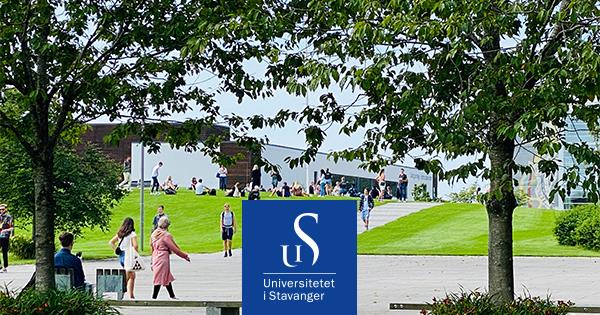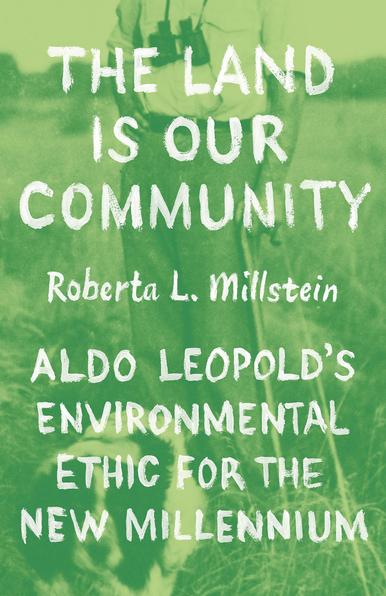Call for Applications: European Summer Academy on "Memories of Landscape. On Traces of Violence in Nature" (Genshagen Castle, Germany, 2-5 September 2025)
The call addresses professionals aged 25 to 35 from Croatia, France, Germany, Poland, Ukraine and the Western Balkan countries.
Apply by 1st July
https://www.stiftung-genshagen.de/en/veranstaltungen/veranstaltungen-2025/kuku/memories-of-landscape


